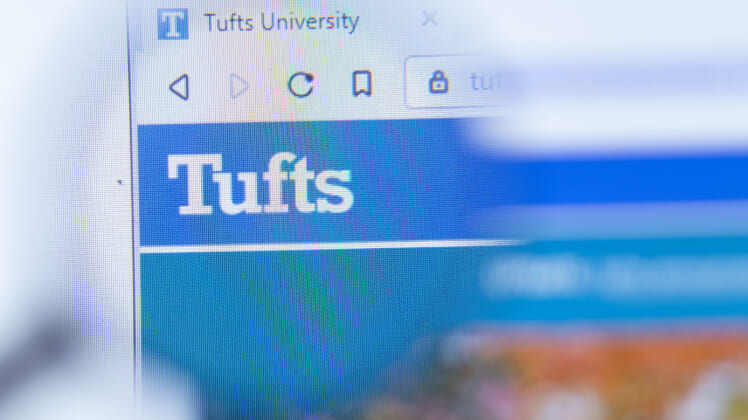
Tufts University announced it will be hosting a racially driven “Dialogue Series” where white faculty members will be segregated from minorities to discuss “unlearning, healing and cross-cultural dialogue.”
PROTECT YOUR GOD-GIVEN FREEDOMS! CLICK HERE TO JOIN TODD IN SUPPORTING ALLIANCE DEFENDING FREEDOM.
In the series description from the university located in Boston, Massachusetts, participants will learn “to interrogate their understanding of Whiteness as a social construct that works in sometimes hidden ways to give rise to racial injustice in the United States.”
White faculty members will attend an “Unpacking Whiteness” series curated for privileged staff to create “a space for participants to find community and support in learning and understanding how to practice anti-racism in their daily lives.”
Former NY Democrat Governor: ‘I Never Felt as Unsafe as I Do Now’
The white members of the staff will not be able to attend the “Radical Healing Dialogue Series” for “BIPOC” faculty.
BIPOC stands for black, indigenous, and people of color.
The “Radical Healing Dialogue Series” is designed for BIPOC staff “to be a safe place for those who have traditionally been marginalized due to centuries-old forms of systemic and institutional oppression inherent in society.”
The description continues to say, “At the heart of Radical Healing is knowing that everyone wants to feel included, accepted, and like they belong at work, and that marginalized and oppressed people all over the world deserve to live free of discrimination, racism, and oppression.”
The series is based on the principles of anti-racism, which contains Marxist philosophical elements and stems from Critical Race Theory (CRT).
Trump Posts Video Comparing Himself to a Lion Who ‘Will Soon Run’
The description of the series calls on anti-racists to “change systems” and “redistribute power” in the name of racial healing.
“Anti-racism is an active and ongoing process of identifying and eliminating racism by changing systems, organizational structures, policies, practices, and attitudes in a way that redistributes power, policy, and structures to be more equitable while drawing attention to the lived experiences of Black people, Indigenous people, and People of Color,” the description reads.
The series is only open to full-time staff and will be offered from mid-October to mid-December.